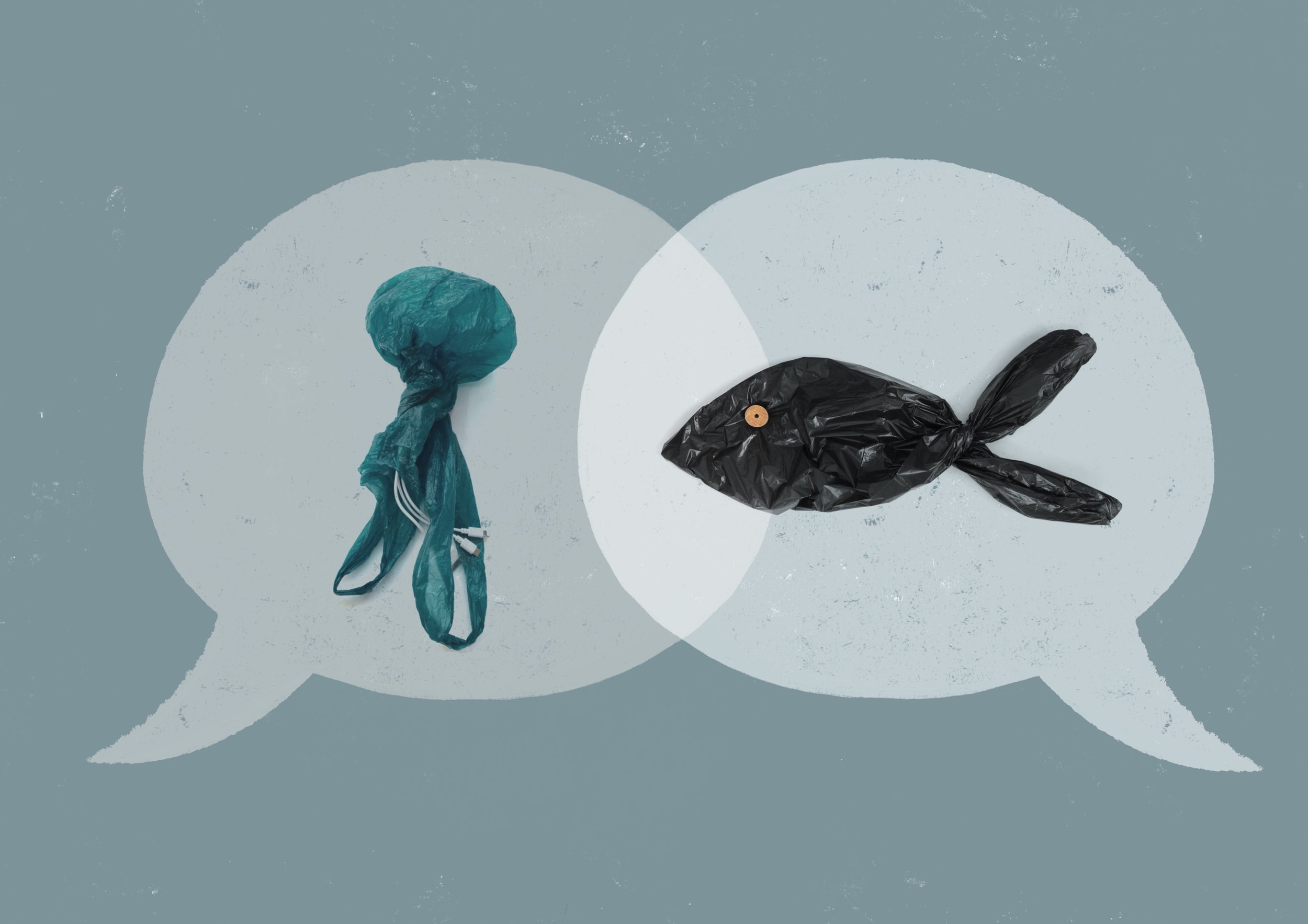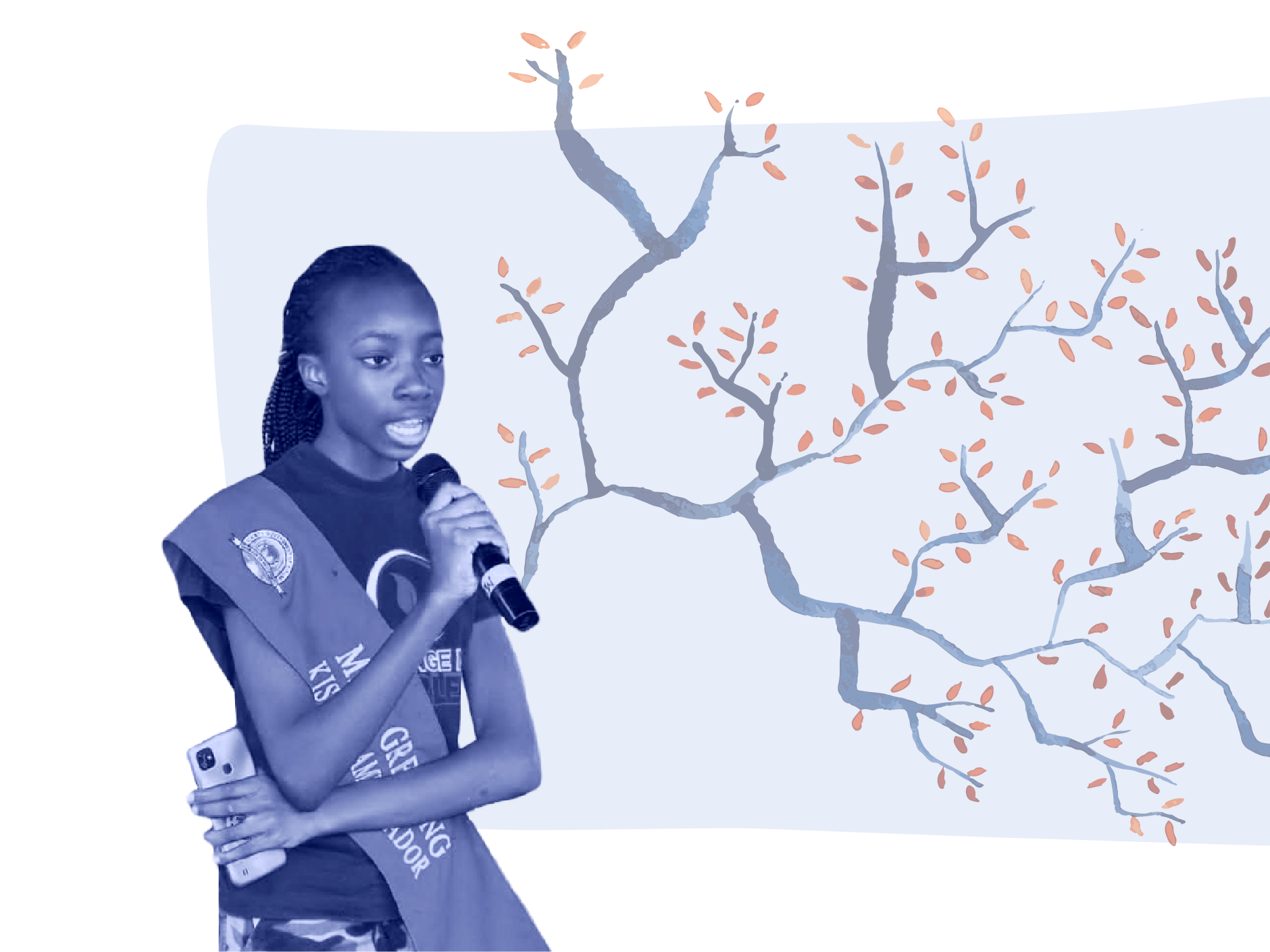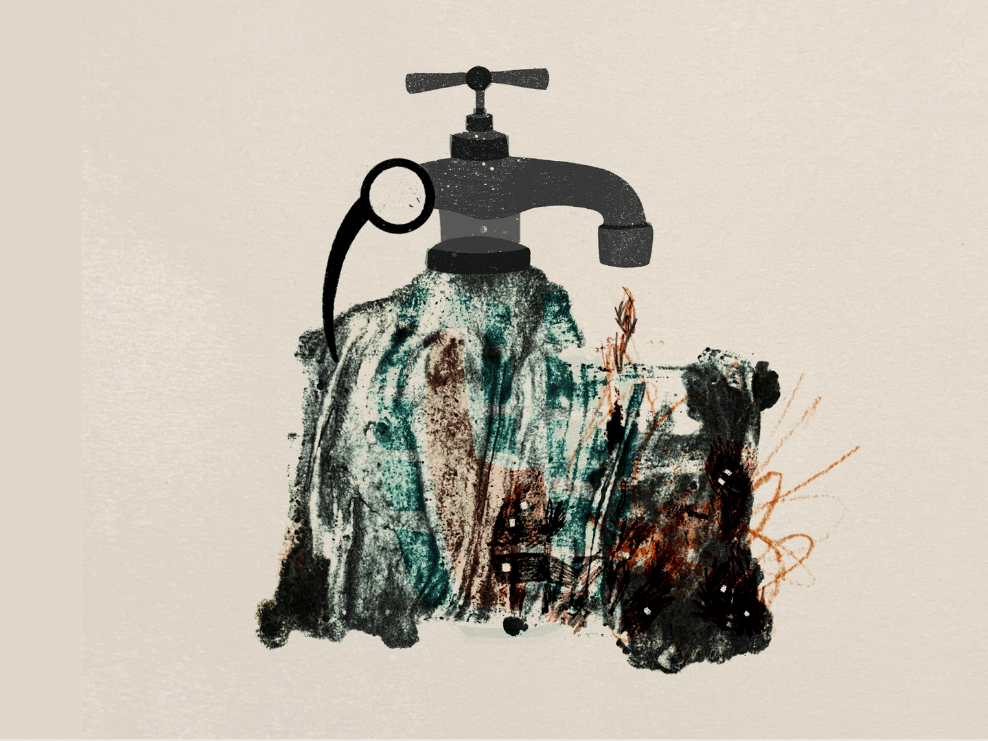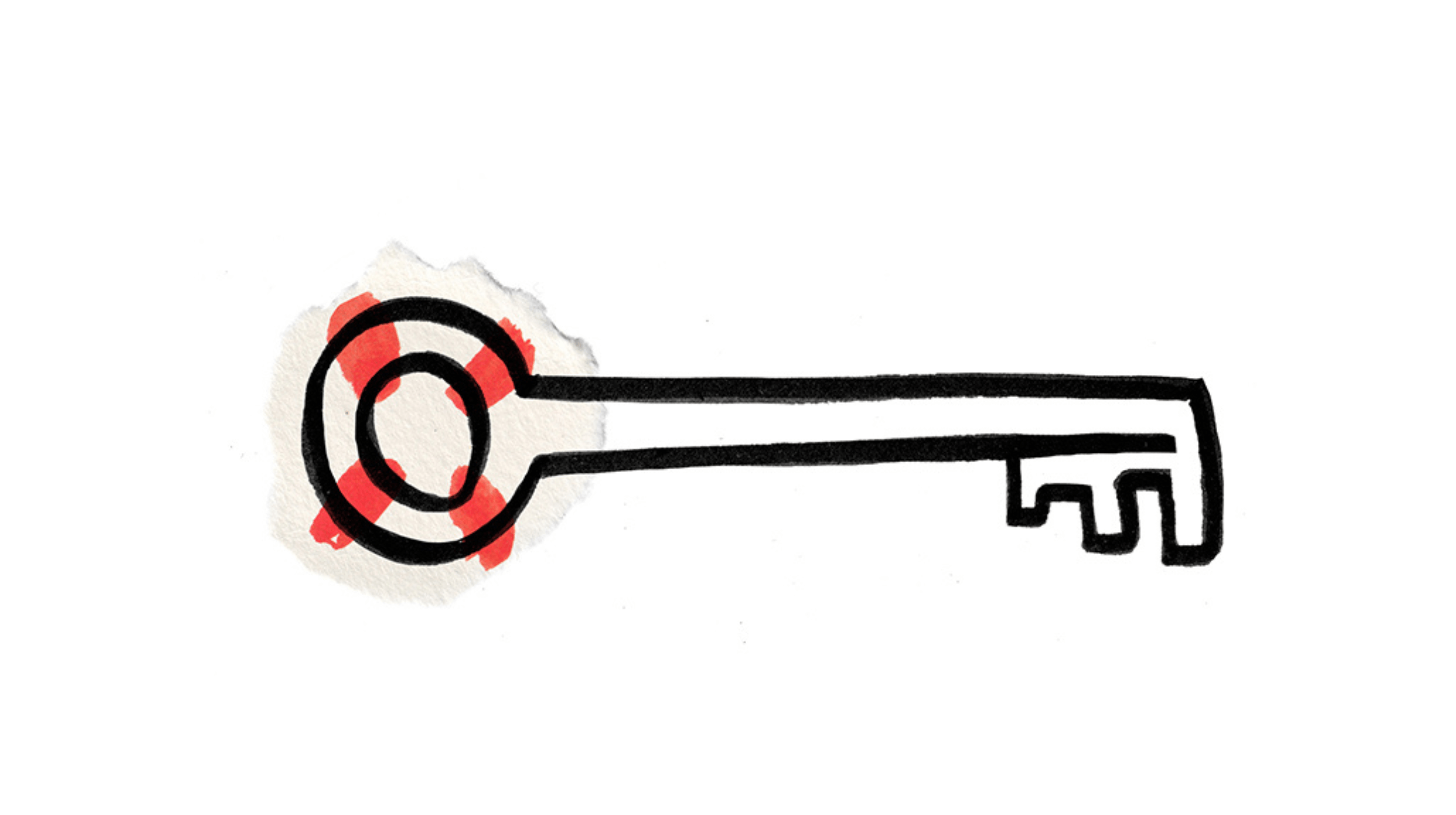The CRIN team was in Geneva in August for the second part of the fifth session on a treaty to end plastic pollution (INC-5.2), where we met siblings Zara and Ashton Hawkins. These under-18 environmental activists are founders of Hidden Plastic, an organisation that exposes the often-overlooked impact of plastics. In this interview, they reflect on the breakdown of the talks, share their experience inside negotiation rooms and discuss how young people can hold governments accountable.
Read MoreIn this interview, we speak with CRIN’s Climate Adviser Shirley Akinyi Ochieng, a 15-year-old environmental activist from Kenya who has been leading projects, campaigns and conversations advocating for the protection of her country’s environment. She discusses the impact of climate change in her community, as well as the importance of community awareness, government accountability and why children’s perspectives are needed in climate decision-making.
Read MoreThe UN’s Aarhus Convention is a legally binding international treaty that allows the public to take part in environmental governance. This article discusses how the Convention relates to children’s rights and how it can be used to advocate for environmental justice.
Read MoreWritten by Niamh Purcell, Youth Climate Justice Advisor for CRIN & RtHE Campaign; Children’s Participatory Rights Advisor.
“Introducing climate justice into international law is the step that we need, because it means that courts will have to formally recognise the ways in which climate change impacts on human rights and human lives. It means that the crisis can no longer be ignored, or that mitigation can be kicked down the road. It will have to be dealt with, and not just in the short-term or with half-hearted efforts: it’s going to help close the gap between our future and our present. It’s going to save lives.” – Niamh Purcell
Read MoreThe landmark Advisory Opinions from the International Court of Justice and the Inter-American Court of Human Rights may have fundamentally reshaped States’ legal obligations on climate action. In this article, CRIN analyses both recent Advisory Opinions through a children’s rights lens, highlighting the often-overlooked position of children in climate policy and decision-making.
Read MoreThe world is witnessing a genocide in Gaza. In addition to the extreme loss of life, restrictions on humanitarian access and forced displacement, Gaza has also suffered devastating environmental degradation and is being impacted by the climate crisis. CRIN's latest briefing considers the combined impact of Israel’s bombardment since 7 October 2023, environmental degradation and climate change on Gaza’s children, as well as the need for international legal action to address the effects.
Read MoreBefore COP30 in November, CRIN is critically reviewing the Just Transition Work Programme (JTWP) and the Nationally Determined Contributions (NDCs) of States: two initiatives aimed at enhancing the implementation of the Paris Agreement and the UN Framework Convention on Climate Change (UNFCCC). How can UN climate talks ensure both children’s rights and human rights are centred when discussing societal, sectoral and economic change?
Read MoreThe United Nations Framework Convention on Climate Change (UNFCCC) is at a breaking point. In marginalising vulnerable States, Indigenous Peoples and civil society, while allowing the largest historical polluters to avoid legal obligations and accountability, the UNFCC is running out of trust. Effective multilateralism is essential to navigate coming crises without leaving anyone behind.
Read More“How far must we go for those who hold decision-making power to remember that the future we will inherit depends precisely on the decisions they chose not to make? What will it take for decision-makers to realise that climate justice is about children’s rights, too?” – Santiago Flores Medina
Read MoreThe HCA governs essential elements at the upcoming climate conference - such as security, visa access, participant rights, freedom of assembly and protection of personal data. These recommendations present concrete ways for enhancing civil society participation at COP30 by guaranteeing the inclusion of frontline environmental defenders.
Read More“El Acuerdo de Escazú representa una oportunidad clave para la democratización de la justicia climática en América Latina y el Caribe. Aunque su implementación se enfrenta a retos en la protección de los defensores y defensoras del medio ambiente, especialmente los jóvenes y los niños y niñas, sigue siendo una prioridad urgente. Aunque persisten obstáculos, avanzar en su ratificación e implementación efectiva, como en Colombia, puede romper el ciclo de violencia e impunidad, asegurando el derecho de las generaciones presentes y futuras a un medio ambiente sano. Con acciones concretas, el acuerdo puede convertirse en un motor para un futuro más justo y resiliente.”– Juan David Amaya
Read MoreCRIN has joined 250+ groups calling for immediate action to end high polluters lobby’s grip on UN Climate Talks at COP30 in Brazil. The coalition calls for immediate reforms, including the exclusion of polluting industry lobbyists, enhanced transparency standards and a revised COP Presidency selection process.
Read More“The Escazú Agreement represents a key opportunity for the democratisation of climate justice in Latin America and the Caribbean. While its implementation faces challenges in protecting environmental defenders, especially young people and children, it remains an urgent priority. Although obstacles persist, advancing its ratification and effective implementation, as in Colombia, can break the cycle of violence and impunity, ensuring the right of present and future generations to a healthy environment. With concrete actions, the agreement can become a driving force for a more just and resilient future.” – Juan David Amaya
Read MoreAfter two weeks of furious negotiations, COP29 concluded in Azerbaijan with a new finance goal that fails those most affected by the climate crisis, including children. In this piece, we break down this COP’s key outcomes, its controversies and emphasises the intersections of climate justice and human rights.
Read MoreAs we move towards the end of 2024, CRIN is looking back at the year in child rights climate litigation and looking ahead to what might come next. These reflections include State obligations to prevent harm caused by climate change under the European Court of Human Rights and in the International Court of Justice, growing national litigation related to environmental justice and the challenges children still face.
Read MoreThe words below come from passionate young people who advise and collaborate with CRIN, Alana, Plan International Netherlands, ChildFund Alliance, Child Rights Connect, Madhvi4EcoEthics and other children’s rights organisations on their work on children’s right to a safe, healthy and sustainable environment. They met ahead of COP29 to discuss key messages to COP negotiators.
Read MoreFrom local events to international meetups across the world, climate assemblies are becoming all the more common and pressing. Child Rights International Network, Youth Environment Europe and the Knowledge Network on Climate Assemblies came together to host a webinar that highlights the impact of children and young people in these spaces.
Read MoreThe UN General Assembly has adopted the Pact for the Future, an agreement between States for how they will work together to respond to some of the future’s biggest challenges. But what does it mean for children and children’s rights?
Read MoreThe CRIN team, alongside Yola from Black Girls Rising in South Africa and Kartik from India, attended the UN Environment Assembly (UNEA) in Nairobi, where they shared insights on the event's focus on the triple planetary crisis and its significance for children's rights.
Read MoreThe Inter-American Court of Human Rights (IACtHR) is hearing a case on how human rights are protected, within the context of the climate emergency, under the American Convention on Human Rights (ACHR). We made a submission with the University of Nottingham Human Rights Law Centre (HRLC), as part of the ACRISL project, focusing on children’s rights.
Read More


















